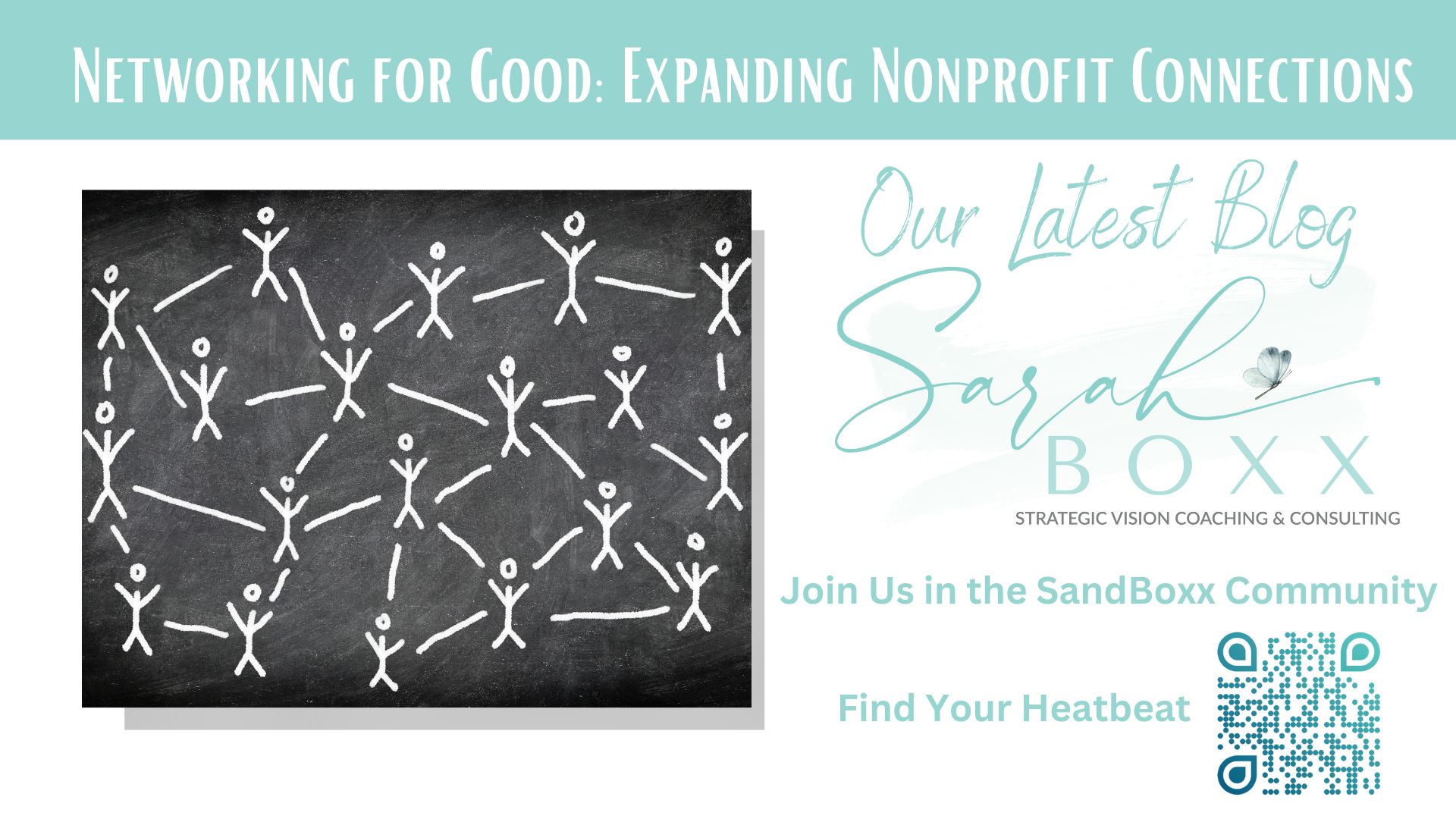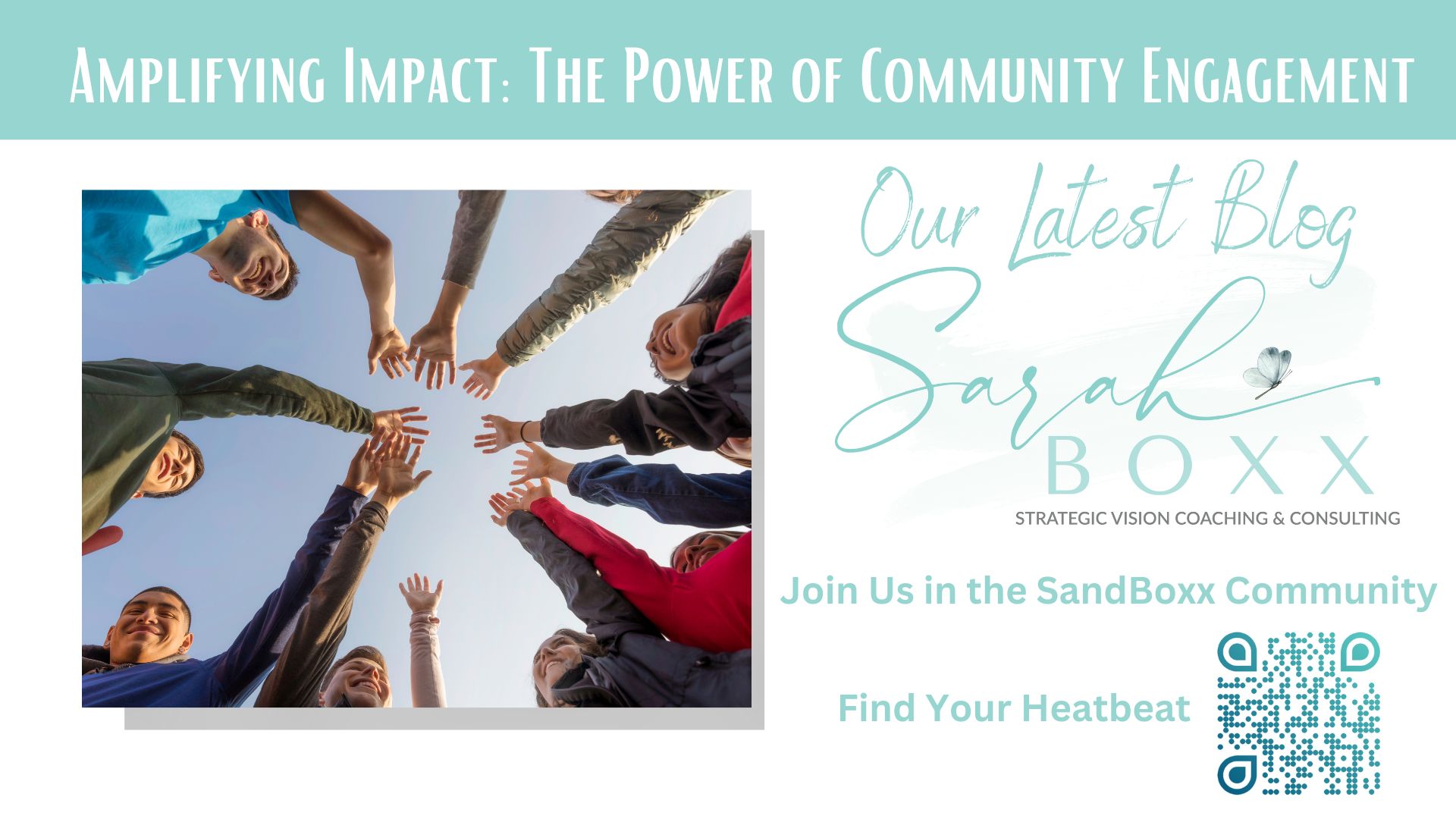Did you know that grateful people experience fewer aches and pains and they report feeling healthier than other people? Or that gratitude reduces toxic emotions, ranging from envy and resentment to frustration and regret? What about the effect gratitude has on our relationships (positive) and happiness (increased)?
Think about that for a second.
Gratitude can often be looked at as a cliche, “feel good” phrase or topic reserved for this time of year. After all — ‘tis the season!
However – research suggests that gratitude is actually one of the most powerful tools we have in our mental and emotional health toolbox. Let’s unpack this!
In their article, How Gratitude Changes You and Your Brain, co-authors Joel Wong, Ph.D. and Joshua Brown, Ph.D. professors of psychology and researchers at Indiana University, reveal that the practice of gratitude, when added to psychological counseling, yields benefits weeks and months into the future. What set their research apart was their focus on individuals experiencing mental health challenges. There was already evidence that well-functioning people benefitted from a practice of gratitude, but they wanted to know if it would be beneficial for those with mental health concerns.
What they found from studying these 300 adults was that:
- People who wrote gratitude letters (whether or not they sent them) reported significantly better mental health one month and three months after the writing exercise ended.
- Layering a practice of gratitude over counseling carries more significant benefits than counseling alone, even when the gratitude practice is brief. (Our Gratitude Challenge is a perfect example of daily, but brief practices.)
How was that possible?
Wanting to understand why that was so, the two psychologists dug deeper into the data and found four likely reasons the practice of gratitude enhances our psychological health. They found four “take-aways”:
- It breaks our connection – even if only briefly – to toxic emotions, identified by negative emotional words and expressions. Think about it as shifting resentment or envy you feel when you see someone that “has it all” (or at least what you want) to focus on how you are grateful to the people in your life and how they have gladdened and brightened your life.
- It can be a solitary event and still yield benefits. While their research had participants write gratitude letters, less than one in four (23%) actually shared them. It seems that the mere act of writing the letters increases appreciation for the people in our lives and moves our focus to positive thoughts and feelings.
- It takes time. The benefits from a practice of gratitude are not instantaneous. While we may get an immediate dopamine bump, the lasting benefits accrue; which is how benefits increased at 12 weeks over the 4-week mark.
- It changes the brain. Yep, it seems that the practice of gratitude triggers the brain to process information differently. After adding an activity for people to “pay it forward” and studying brain activity, the people who felt more grateful showed greater neural sensitivity in the area of the brain associated with learning and decision-making. And, as gratitude continues to help train the brain, they believe it could contribute to improved mental health over time.
What about Gratitude and Happiness?
“I know that when I pray, something wonderful happens. Not just to the person or persons for whom
I’m praying, but also something wonderful happens to me. I’m grateful that I’m heard.
Maya Angelou
Just exactly how does gratitude help improve happiness? Luckily, there are studies about that, too.
Consider the work of Robert A. Emmons, Ph.D., who has conducted multiple studies on the link between
gratitude and well-being. His research confirms that gratitude effectively increases happiness
and reduces depression.
The Harvard Medical School’s Healthbeat article, Giving Thanks Can Make You Happier, tells us
that expressing gratitude lifts our spirits. That expression can come in various forms: retrieving positive
memories and past blessings, being present in the moment and not taking good fortune for granted
and expressing an optimistic and hopeful attitude for the future.
What about Gratitude and Relationships?
It might seem obvious or common sense, but research supports the benefits of expressing gratitude in our relationships. When individuals take time to express gratitude for their partner, they increase positive feelings toward that person, and they become more comfortable sharing relationship concerns with them.
Work relationships benefit as well from expressions of gratitude. Researchers at the Wharton School (University of Pennsylvania) discovered increased engagement, productivity, and results when their manager expressed gratitude for their efforts.
Whether you’re new to the practice of gratitude, are growing your awareness or practice of appreciation, or have been living in gratitude for many years, thank you. It is a practice that ripples out beyond the self to enhance the world around us all.
On a lighter note, I leave you with some wisdom and practical advice, rolled into a quote from Michael Keaton. It made me smile.
In the household in which I was raised, the themes were pretty simple. ‘Work hard. Don’t quit.
Be appreciative, be thankful, be grateful, be respectful. Also, never whine, never complain.
And always, for crying out loud, keep a sense of humor.’Michael Keaton
Where are you on your gratitude journey? Are you noticing changes and improvements in your relationships? If you are looking for ways to grow in your own gratitude journey, I’ve created a free 31 Day Gratitude Challenge to make finding the joy in every day just a little bit easier.
Article was contributed by: Maria Lees, Team Writer with Sarah Boxx




